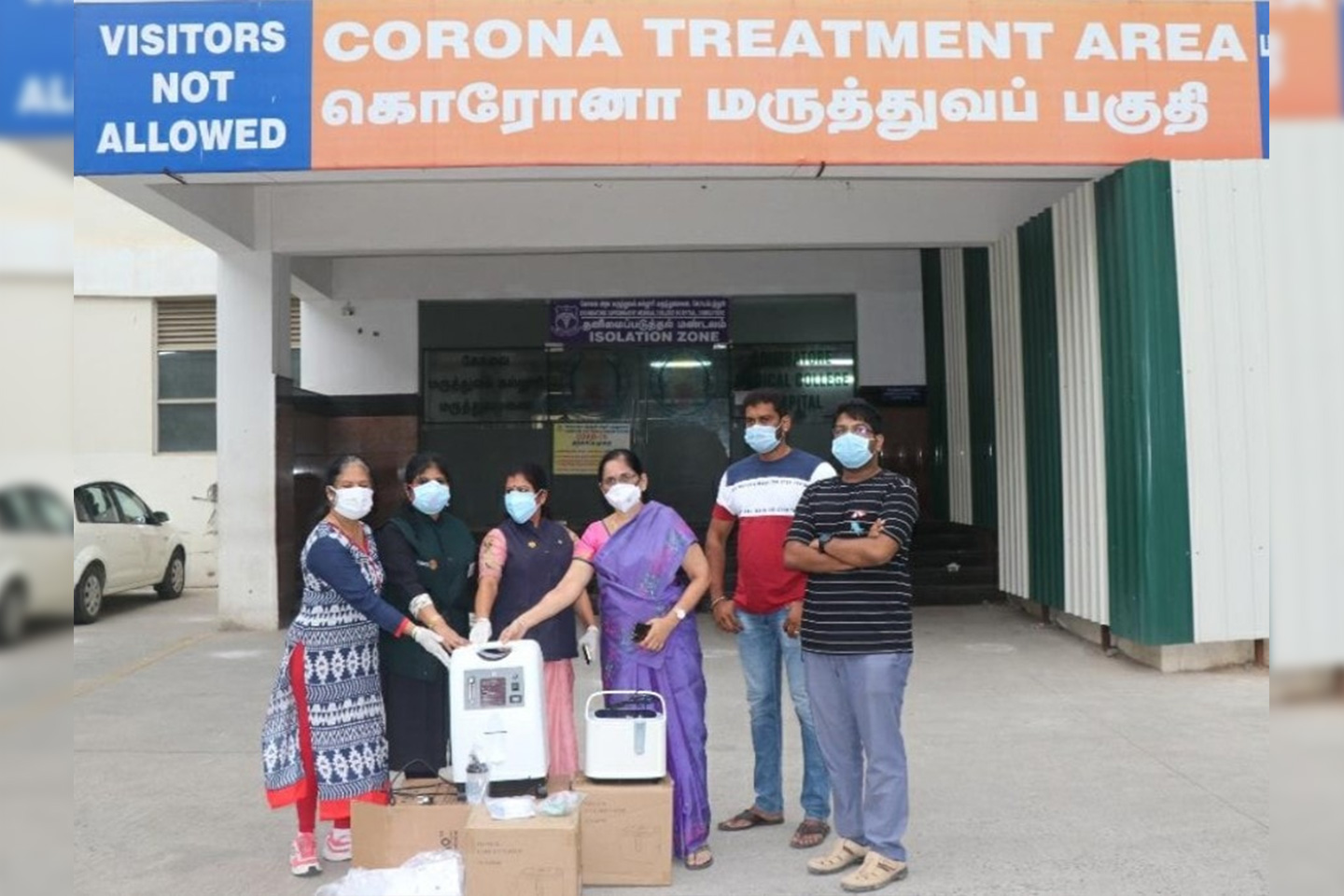Health and sanitation programs in India
Health and sanitation programs in India are crucial for addressing public health challenges and improving the overall well-being of communities. Here are some areas where NGOs can focus their efforts:
1. Access to Healthcare: NGOs can work towards improving access to healthcare services, especially in remote and underserved areas. This can include setting up mobile clinics, organizing medical camps, and establishing partnerships with existing healthcare facilities.
2. Disease Prevention and Awareness: NGOs can play a significant role in raising awareness about preventive measures against diseases such as malaria, tuberculosis, HIV/AIDS, and waterborne diseases. They can conduct awareness campaigns, distribute informational materials, and organize workshops and training sessions.
3. Maternal and Child Health: NGOs can work towards improving maternal and child health outcomes by providing prenatal and postnatal care, promoting immunization, conducting nutrition programs, and addressing issues related to child development and well-being.
4. Sanitation and Hygiene Promotion: NGOs can focus on promoting improved sanitation practices and hygiene behaviours to prevent the spread of diseases. This can involve building and maintaining toilets, organizing hygiene education programs, and advocating for better sanitation facilities in schools and communities.
5. Water Supply and Clean Drinking Water: NGOs can work on ensuring access to safe and clean drinking water by implementing water supply projects, promoting water purification methods, and educating communities about waterborne diseases and proper water storage practices.
6. Mental Health Support: NGOs can address the mental health needs of communities by providing counselling services, organizing awareness campaigns, and establishing helplines or support groups for individuals facing mental health challenges.
7. Healthcare Infrastructure Development: NGOs can contribute to the development of healthcare infrastructure by partnering with government agencies, supporting the construction of healthcare facilities, and providing medical equipment and supplies to underserved areas.
8. Capacity Building and Training: NGOs can focus on training and capacity building programs for healthcare workers, community health volunteers, and local stakeholders to enhance their knowledge and skills in delivering healthcare services effectively.
9. Health Education and Behaviour Change: NGOs can conduct health education programs, including workshops, seminars, and community outreach activities, to promote healthy behaviours, disease prevention, and overall well-being.
10. Collaboration and Advocacy: NGOs can collaborate with government bodies, other NGOs, and community-based organizations to advocate for better health policies, increased funding for health programs, and improved healthcare infrastructure at the national and local levels.
It's important for NGOs to assess the specific needs and priorities of the communities they serve and tailor their programs accordingly to have the maximum impact, that’s what we look into and do in martin foundation empowering India to address public health challenges.
About Martin Foundation
We all want India to become a better place. But what we don’t realize is that our nation won’t get better by itself. Our duty as a responsible Indian citizen is to set big goals and hold ourselves accountable for each step of ours, towards reaching that way! We at Martin Enterprises, work in harmony with our vision to reduce poverty, injustice, etc., and assist the people in breaking this cycle and help them emerge out of it. Martin Karnataka strives to strengthen democratic values and advance human achievements. Martin Lottery believes in investing in transformative ideas, individuals, and institutions. We uphold the inherent dignity of all people irrespective of their caste, creed, race, etc. But around India, nearly half of the population is excluded from the political, economic, and social institutions that shape their lives.
